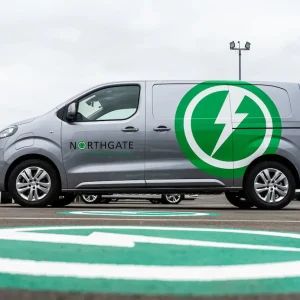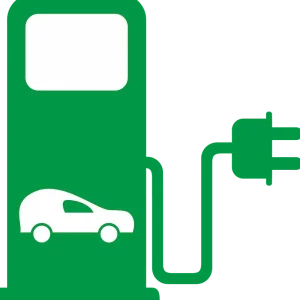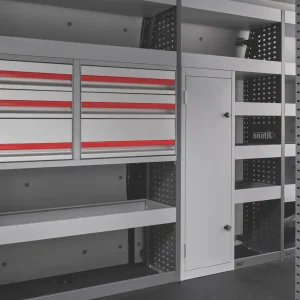The next General Election is looming, and while transport polices aren’t at the top of the agenda for most political parties, investment in the roads, railways and airports are hot topics.
Ahead of polling day on 7 May, What Van? has looked through each of the main political parties’ manifestos to list what they’re pledging in terms of transport.
According to the latest opinion polls, there is an 85% chance of a hung parliament. In that instance, a mix of policies from the manifestos would be considered by a coalition Government, meaning that there is a higher level of uncertainty about what will be implemented during the next parliament depending on which parties strike a deal.
Conservatives
If re-elected, the Tories have promised they will invest more than £6 billion in the northern road network, and add 1300 extra lane miles to the road network by 2021, while fixing around 18 million potholes as part of a wider £13bn investment in transport in the north.
In the south west, the M5, A30, A303 and A358 will be upgraded to improve connections to the area, while the A11 and A47 will be upgraded in East Anglia to improve transport connections in the region.
The Conservatives have pledged £500 million over the next five years to promote the adoption of zero emission cars and vans, with the goal of having the majority of vehicles on UK roads emitting no exhaust pollution by 2050.
The Conservatives said they would also continue with plans for Crossrail 2 in London and continue with the HS2 and HS3 high speed rail links between London and the north, while electrifying railway lines to the south west and Sheffield as well.
Labour
The Labour party has pledged that it will set up an independent National Infrastructure Commission to assess how to meet the country’s infrastructure needs, making recommendations to the Government, monitoring the implementation and holding the Government to account.
It also promised it will support long-term investment what it calls “strategic roads” while addressing “neglected” local roads and promote cycling. It will also support the construction of the HS2 rail link between London the north and “make a swift decision” on expanding airport capacity in London and the south-east following the Airports Commission review.
Liberal Democrats
The Lib Dems will pass a Green Transport Act, which will include a national air quality plan for consultation if they are elected on 7 May.
The plan will include low emission zones in the most polluted cities, a review of the MOT process to see if changes can be made to cut emissions from existing vehicles and support for EU proposals on air quality targets.
The Lib Dems will also support EU vehicle emission standards and reform Vehicle Excise Duty to drive reductions in what it calls “harmful gases”.
The reform will include introducing separate VED banding for new diesel vehicles, while by 2040 only Ultra Low Emission Vehicles will be allowed on the nation’s roads under the proposals.
The group said it would commit to ongoing reviews of the framework to permit the use of driverless and electric vehicles. The party will proceed with HS2, as the first stage of a high-speed rail network to Scotland, while they pledged there will be no increase in runways across the UK.
Green Party
The Green Party has pledged to cancel the major road investment programme that was announced in December. The group said this plan would save £15bn and the money would be used to fix potholes and for further investment in walking and cycling.
It also proposes 20mph zones in residential areas and 40mph speed limits on rural roads while the drink-drive limit would be brought as close to zero as possible.
The Green Party said it would also reduce parking spaces in new developments, eliminate pavement parking and ensure parking charges in public car parks reduced.
The group claimed the UK needs a 90% reduction in greenhouse gases in the next 15-20 years and a zero-carbon economy by 2050.
The group is against what it calls “prestige” projects such as HS2 and airport expansions at Heathrow and Gatwick. It wants to ban night-time flying and backs investments in electric charging points for buses and taxis and cars “when there are gaps in the network of public and community transport”.





